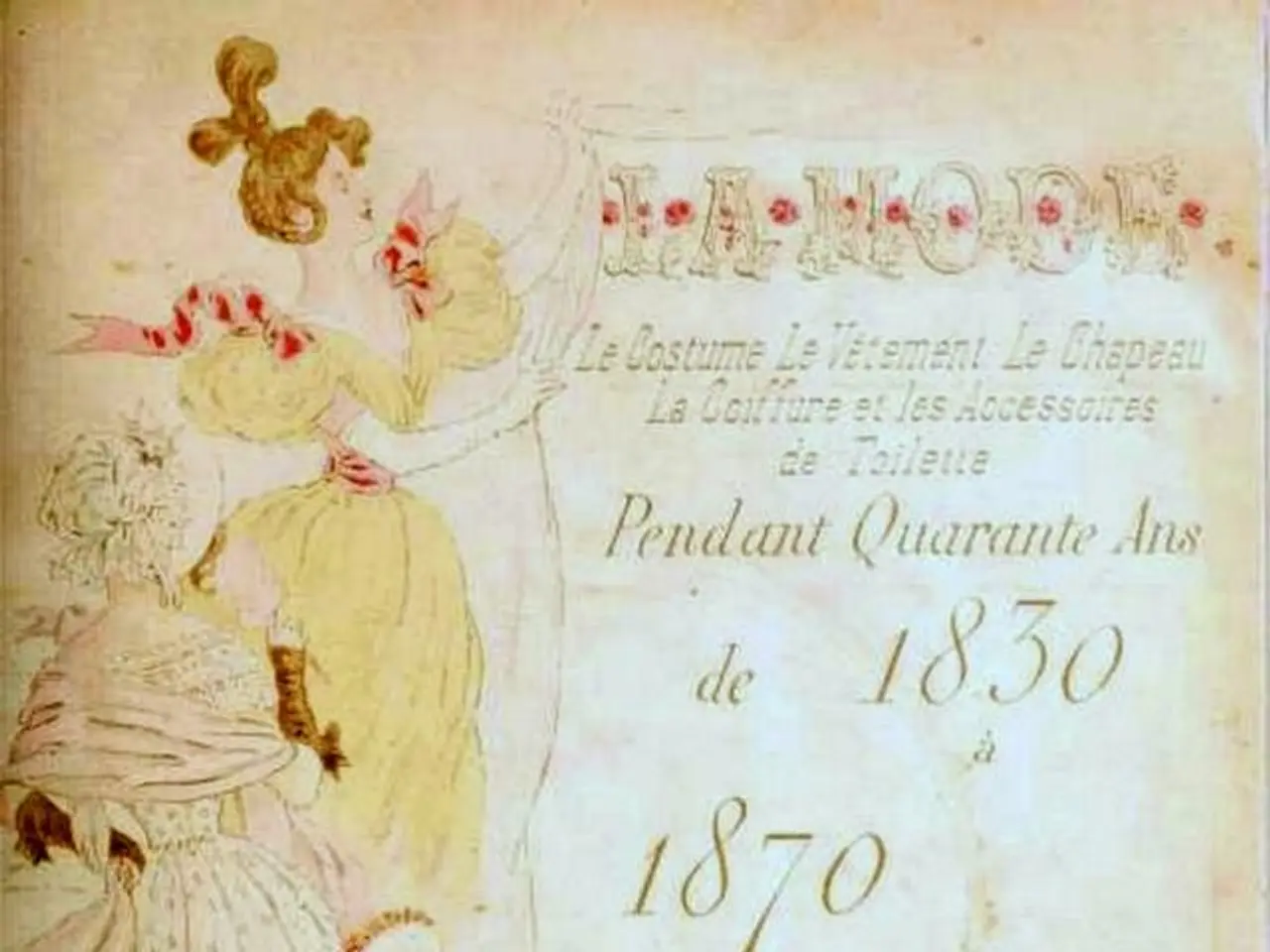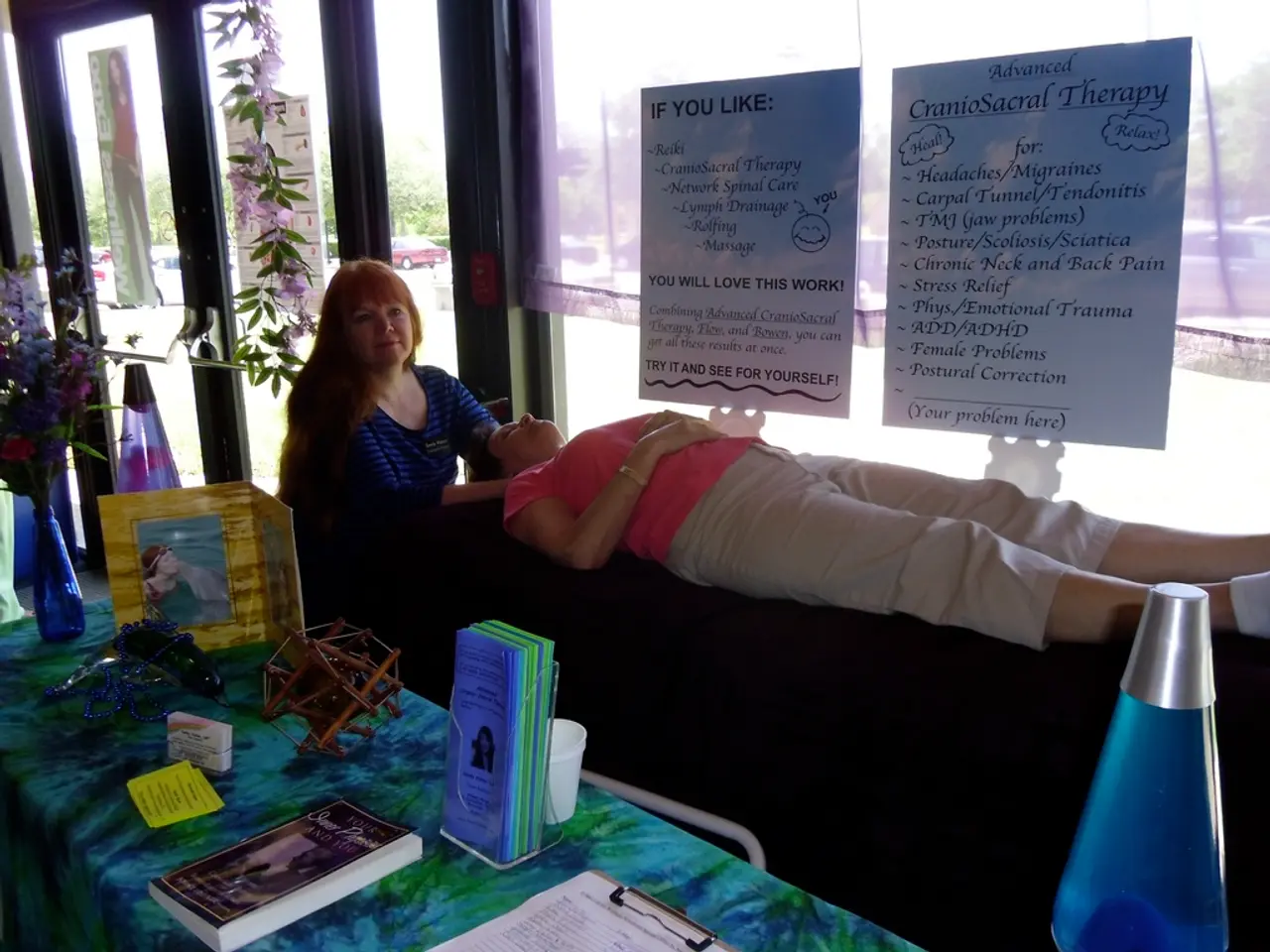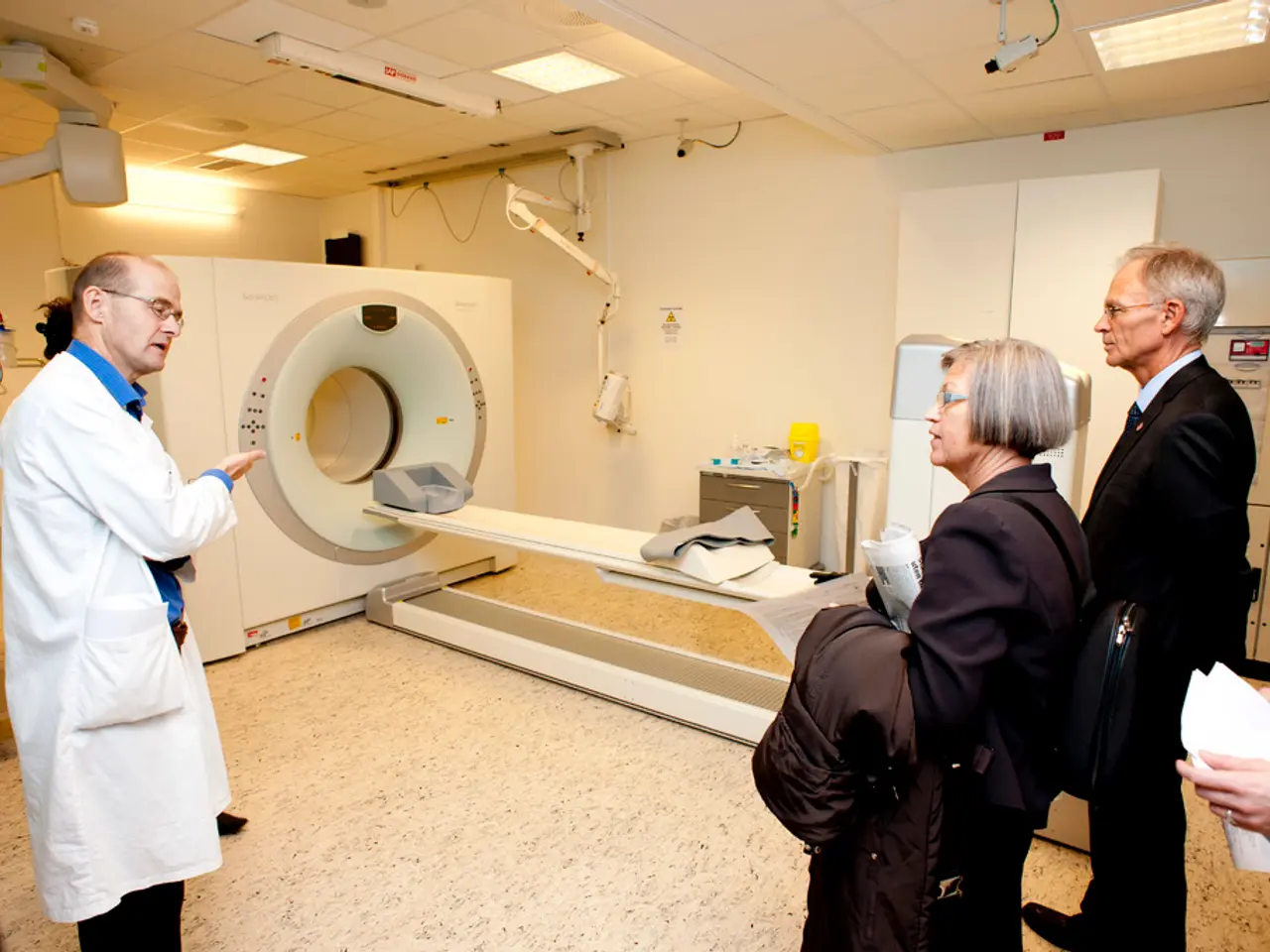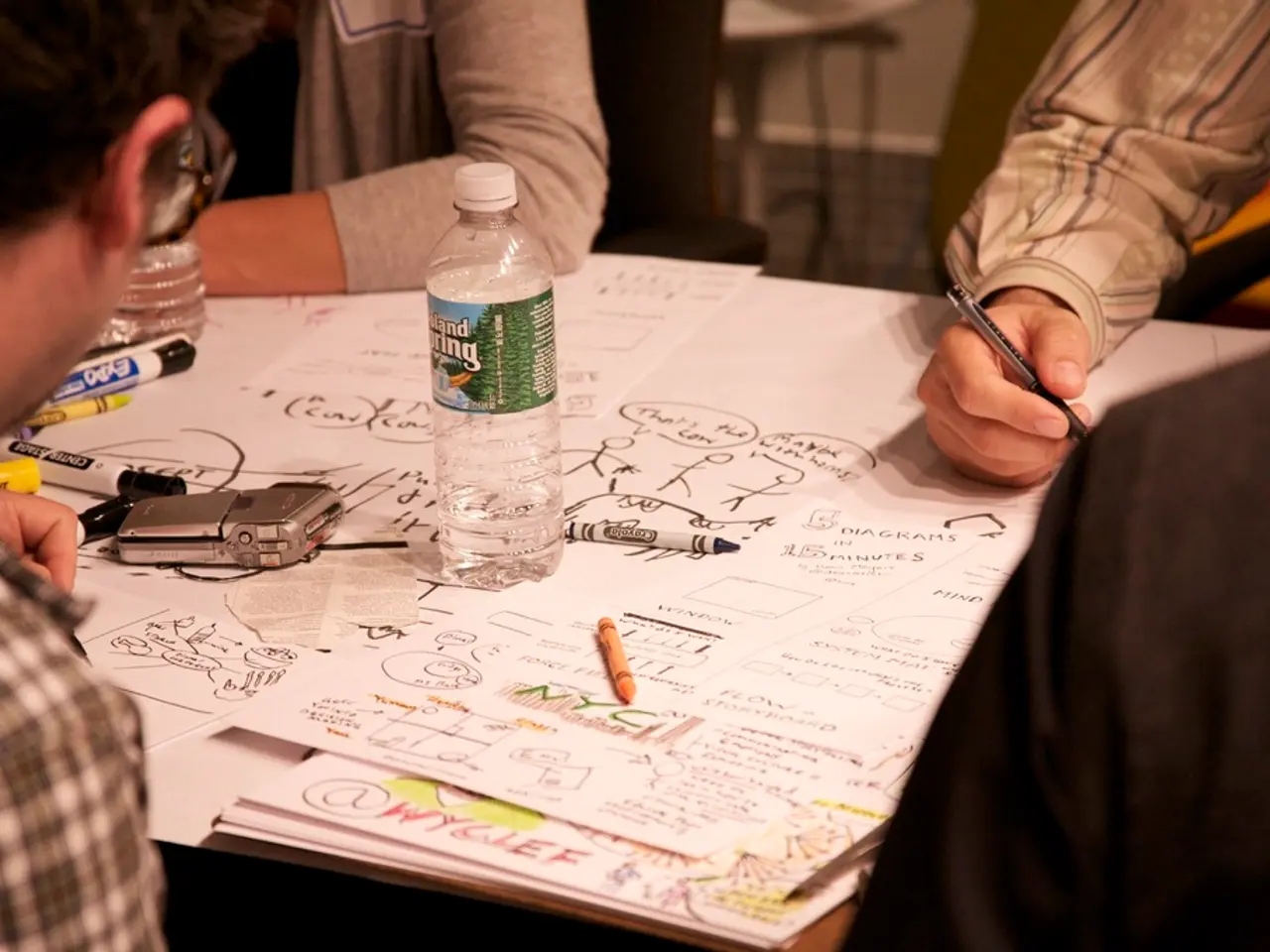Aid from French sources for women in a precarious situation within Ottawa is decreasing
In Ottawa, the Centre Espoir Sophie, a sanctuary for vulnerable women, has witnessed a significant increase in clientele, particularly among French-speaking immigrant women. This trend is attributed to a combination of factors, including policy-driven targets, gender-specific vulnerabilities, and demographic patterns among immigrants.
Canada's federal government has set an explicit target of 8.5% French-speaking permanent resident admissions by 2025, reflecting an intentional effort to support and grow Francophone minority communities outside Quebec. This policy, coupled with targeted immigration measures, likely contributes to a rising number of French-speaking women settling in Ottawa.
Canada's refugee resettlement programs, such as the Women at Risk program, have long prioritised women in precarious or unstable situations abroad. As Ottawa is a major destination for refugees, these national priorities may result in more French-speaking women arriving through these pathways.
Demographic trends among newcomers also play a role. According to Statistics Canada, women represent a substantial portion of both non-citizens and naturalized citizens. Among non-citizens, 3.5% speak only French, and 7.2% speak both French and English. These statistics suggest that targeted policy measures are likely increasing the share of French-speaking newcomers.
The Centre Espoir Sophie, the only French-speaking haven in Ottawa, receives hundreds of women each month seeking support in French. The centre, one of approximately 35 organizations receiving public support as part of homelessness prevention programs, is the only organization offering services primarily in French to vulnerable women.
The centre aims to create a sense of community and a secure environment for women, offering them a place to recognise themselves, make friends, and break isolation without the barrier of language. Services provided include meals, snacks, food baskets, an employment centre, well-being workshops, cultural outings, a laundry service, access to a shower, and opportunities for volunteering or internships. Everything at the centre is done "without judgment," allowing women to be themselves in French.
The increase in demand for French-language services has put pressure on local organizations to expand their French-language staff, resources, and programs. The need for trauma-informed care—especially for refugees and survivors of gender-based violence—could further strain organizations accustomed to serving mostly English-speaking clients.
However, this trend also presents opportunities for policy and program innovation. The federal government's emphasis on Francophone immigration provides a mandate and potential funding opportunities for Ottawa-based organizations to innovate and expand their services for French-speaking women. This could include collaborations with federal and provincial governments, Francophone community organisations, and international agencies.
In 2024, the centre supported 1520 more people than in 2023, with most of the new users being immigrants, particularly from the Maghreb, Africa, France, and Belgium. The City of Ottawa's allocation for homelessness prevention includes $48 million for prevention, and in 2024-2025, the city allocated over $85 million to homelessness prevention, with nearly $48 million for prevention.
In conclusion, the increase in French-speaking immigrant women seeking support in Ottawa is driven by targeted federal immigration policies, Canada’s prioritization of vulnerable women in resettlement programs, and demographic trends among newcomers. The resulting impact on local organizations is significant, creating both challenges—such as increased demand and potential resource strain—and opportunities for innovation and expansion of essential services.
The federal government's focus on increasing French-speaking permanent resident admissions might lead to an increased presence of French-speaking women in science, health-and-wellness, and women's health fields in Ottawa, given the city's growing population of French-speaking immigrants and the Center Espoir Sophie's role in offering services to vulnerable women.
The rise in demand for French-language services at the Centre Espoir Sophie highlights the necessity for local organizations delivering health-and-wellness and women's health services to enhance their French-language offerings, create trauma-informed care programs specifically designed for French-speaking immigrant women, and collaborate with federal and provincial governments, Francophone community organizations, and international agencies to innovate and expand their services.




